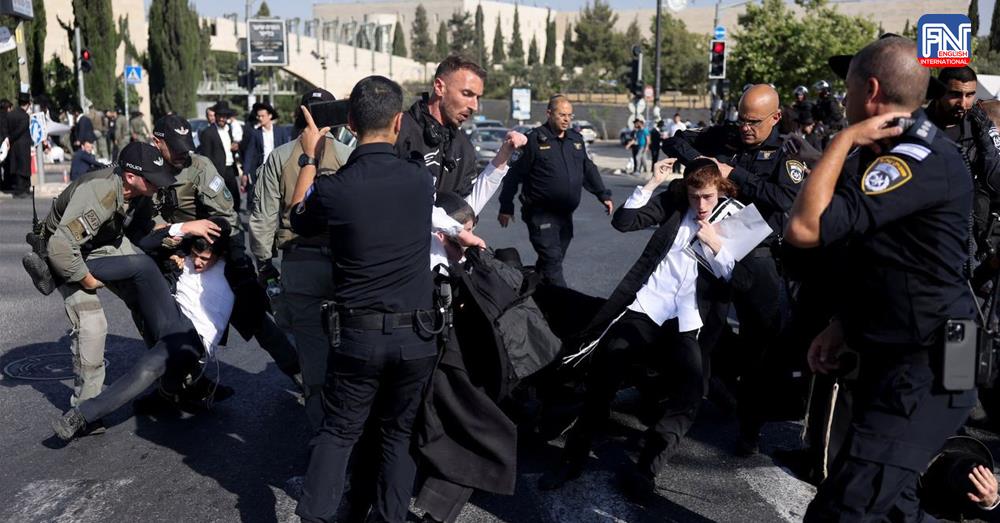JERUSALEM, June 2 (Reuters) - The top Israeli court heard responses by the state on Sunday to challenges against exemptions granted to ultra-Orthodox Jews from military conscription, a long-standing source of friction with more secular citizens now inflamed by the long Gaza war.
In the name of equality, the Supreme Court in 2018 voided a law waiving the call-up for ultra-Orthodox men who want to study in seminaries instead. Parliament failed to come up with an alternative arrangement, and a government-ordered stay on a mandatory mobilisation of ultra-Orthodox expired in March.
That has left Prime Minister Benjamin Netanyahu scrambling to agree with ultra-Orthodox coalition partners on a military service compromise that might preempt any Supreme Court ruling that Israel's fasted-growing minority must be forcibly drafted.
"We're not on quiet waters. We are at war, and the need (for military personnel) cries out," one of nine justices hearing the case, Noam Solberg, told a government lawyer who argued that it was still too early for an ultra-Orthodox mass-conscription.
With fighting against Palestinian Hamas militants in Gaza and related violence on the Lebanese border exacting the highest troop casualties in decades, many Israelis resent their fellow citizens being spared their share of the risk.
The ultra-Orthodox claim the right to study in seminaries instead of serving in uniform for the standard three years. Some say their pious lifestyles would clash with military mores, while others voice ideological opposition to the liberal state.
The ultra-Orthodox make up 13% of Israel's population, a figure expected to reach 19% by 2035 due to their high birth rates. Economists argue that the draft exemption keeps some of them unnecessarily in seminaries and out of the workforce.
The government's lawyer, Doron Taubman, said it placed a high priority on increasing ultra-Orthodox enlistment.
"But it is also mindful of the enormous difficulty the community sees in the drafting of seminary students, both due to the cardinal fear of their lifestyle being compromised and the fear of Bible study being compromised," he told the court.
It was not immediately clear when the court might rule in the case, whose first hearings took place in February.

Photo from Reuters